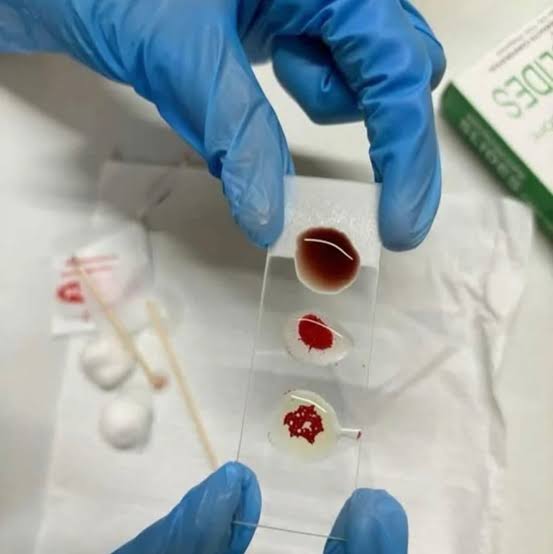
Scientists have just discovered a new blood type called “negative guada,” the rarest of the 48 known blood types.
Through an exceptionally routine blood test, French researchers have identified the world’s newest and rarest blood type. The only known carrier so far is a woman from Guadeloupe, whose blood is so unique that doctors have not been able to find a single compatible donor. So what are the details?
Rare blood type
The discovery of the 48th recognized blood type, called “guada-negative,” began when the woman’s blood plasma reacted to every sample from potential donors tested, including samples from her siblings, according to Scientific American. As a result, it was impossible to find a suitable blood donor for her.
The recognized blood groups are A, B, AB, or O – as well as whether the group is positive or negative for Rhesus. But these familiar categories represent only two of the dozens of blood group systems that determine compatibility for blood transfusions.
Each system reflects subtle but essential differences in the proteins and sugars that coat red blood cells
Advanced genetic analysis for a new blood type
To solve the mystery of the Guadeloupean woman’s blood incompatibility, scientists turned to sophisticated genetic analysis. Using whole exome sequencing – a technique that examines all of the more than 20,000 human genes – they discovered a mutation in a gene called PIGZ.
This gene produces an enzyme responsible for adding a specific sugar to an important molecule on cell membranes. The missing sugar changes the structure of the molecule on the surface of red blood cells. This change produces a new antigen – a key trait that determines blood type – leading to an entirely new classification: Gwada-positive (contains the antigen) or Gwada-negative (lacks it).
A rare blood type for only one person in the world to date
Live Science noted that the 68-year-old woman is the only known person in the world with this blood type, named “Guadalupe,” after a local name for her home islands.
The researchers behind the discovery announced their work in a presentation at the International Society of Blood Transfusion conference in Milan, which concluded on June 4.
The research team first met the woman in 2011, when she was living in Paris and undergoing routine tests before surgery. But the tests did not reveal her blood type or any matches.
Human blood group systems are more complex than you might think. These classifications refer to proteins and polysaccharides on the surface of red blood cells, called antigens, which are recognized by our immune system.
Austrian-American biologist Dr. Karl Landsteiner defined the first and most famous blood group system – ABO – in 1901, and was awarded the Nobel Prize in 1930
Are there other people with the rare blood type?
The research team’s next goal is to find out if there are other people with this unique new blood type. Since blood groups are genetic, and therefore often shared by populations with similar origins, the team intends to start the search among blood donors in Guadeloupe.
The EFS statement reads: “The discovery of new blood types means better care for rare blood patients






